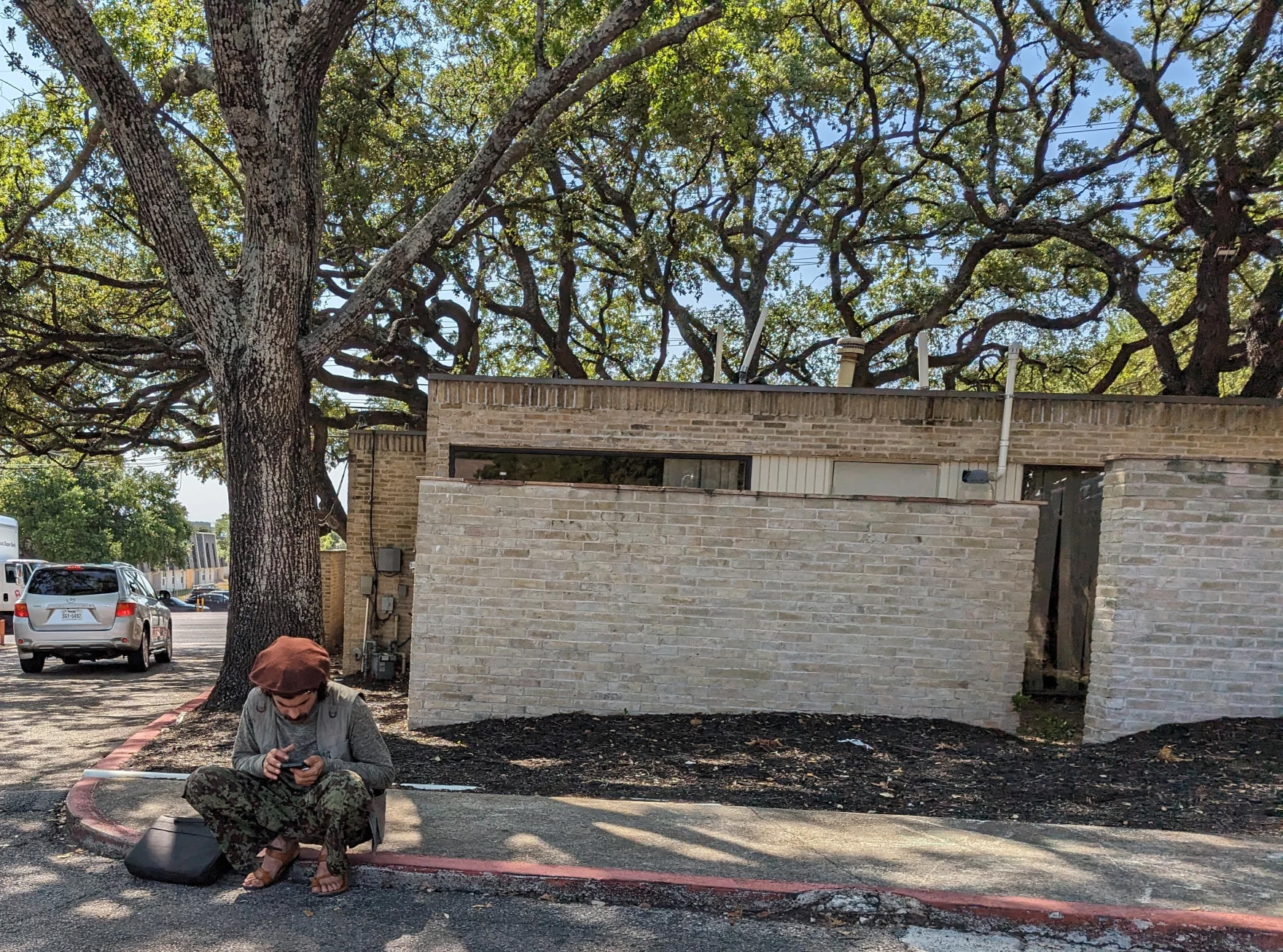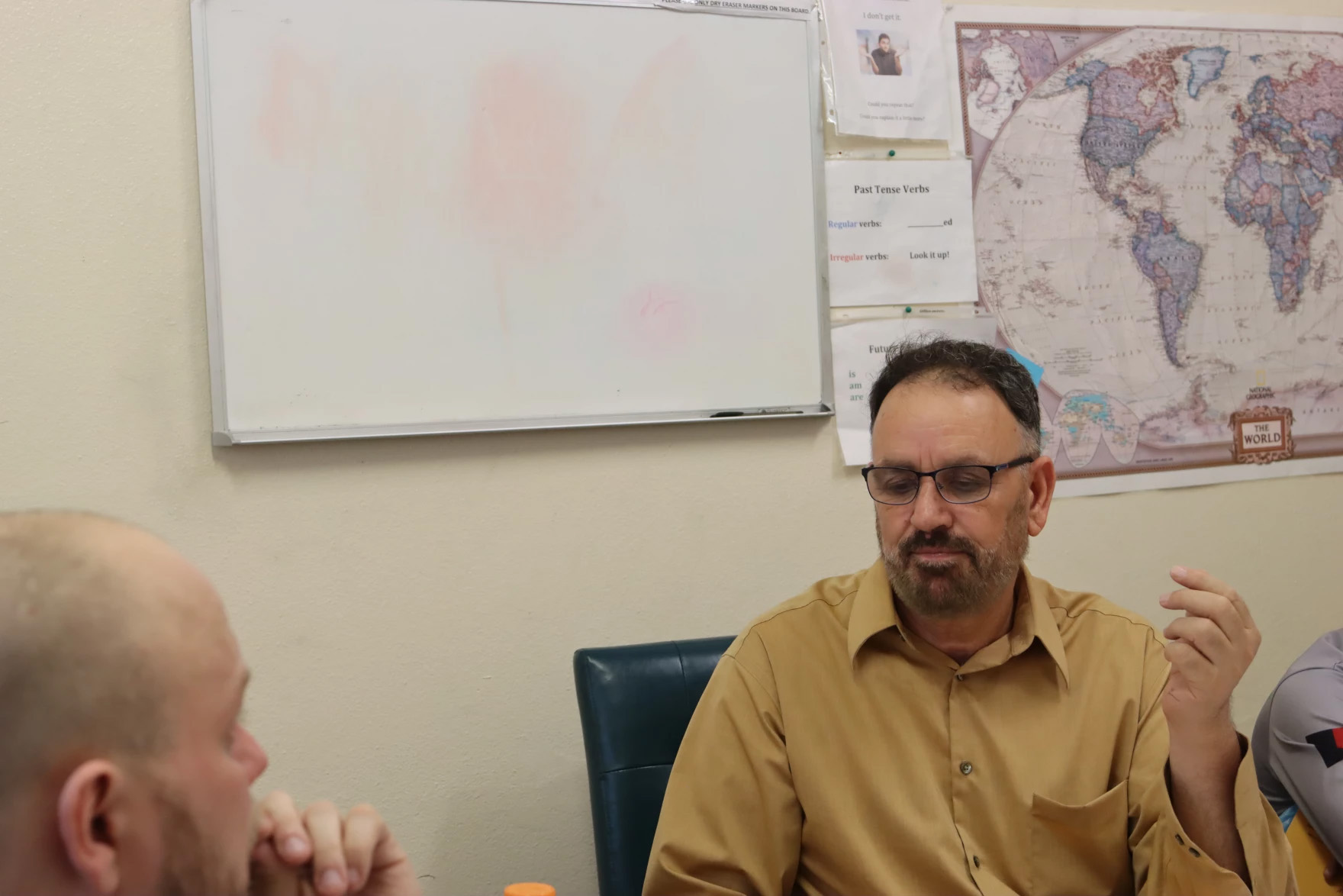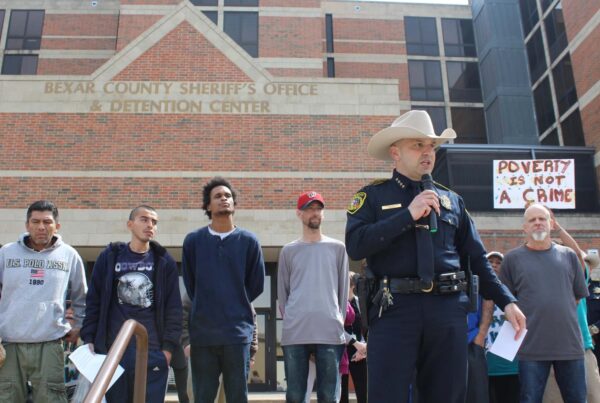From Texas Public Radio:
Two years ago, the U.S withdrew its forces from Afghanistan, ending 20 years of war, and the country fell to the Taliban. The U.S. took in tens of thousands of fleeing Afghans in Operation Allies Welcome.
Afghan evacuees were given a temporary immigration status called humanitarian parole, allowing them to live and work in the U.S. The program was scheduled to end for many in coming weeks.
The Biden administration announced in May it would extend the program to the relief of those 77,000 Afghans who risked their lives working for the U.S. military.
But concern is growing as their initial parole’s conclude and Afghans wait to find out their status — some just weeks away from losing their jobs.
Men with filled folders and plastic grocery sacks bulging with documents tensely awaited assistance at the Center for Refugee Services in San Antonio last week. Many of them need help filling out government forms. A new one arrived the week before asking for updated contact details.
Aryan sat among the men waiting to speak with a legal aid. He’s one of the tens of thousands of Afghan evacuees waiting for his humanitarian parole to be extended. Like everyone TPR interviewed for this story, he provided only his first name because he’s worried about the safety of his family.
Humanitarian parole allows Aryan access to food assistance, Medicaid and most importantly the ability to work.
He’s been driving for an app-based food delivery service for months but he just got a text from them.
“Right now he received a text message from the company that your work authorization is going to expire. Maybe we close your platform,” translated Naqibullah Ehsas, a Center staff member who is also an evacuee. He explained that Aryan was told if he can’t get the company proof his immigration status is secure, he will be terminated.
Aryan’s work authorization expires on Sept. 21. In Texas that means his driver’s license will also expire. It could take one to two months to renew with new documents. This could leave the real possibility that he won’t be able to send money back to his wife and child in Afghanistan or afford his rent here.
“Yes, I worry a lot regarding this issue,” Aryan said. “I cannot work. I have a family in Afghanistan. I want to support them. If I don’t have a job, I don’t have work. I have a lot of expenses here and also in Afghanistan. So I worry, and I’m very concerned about it.”
A DHS official told NPR they were processing applications for re-parole and extensions quickly, but had little power over how states issue licenses. The state has no expedited process for Afghans.















